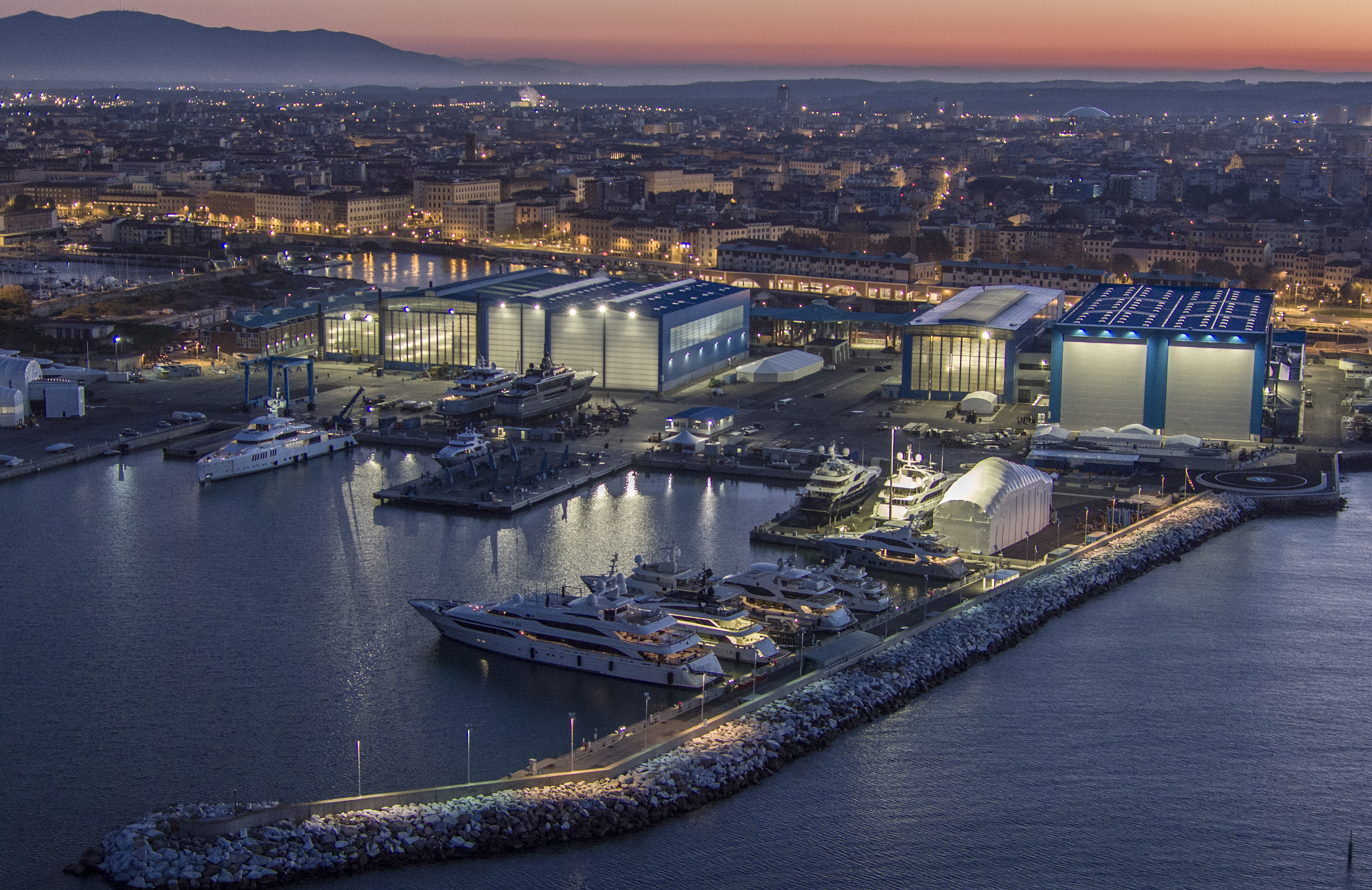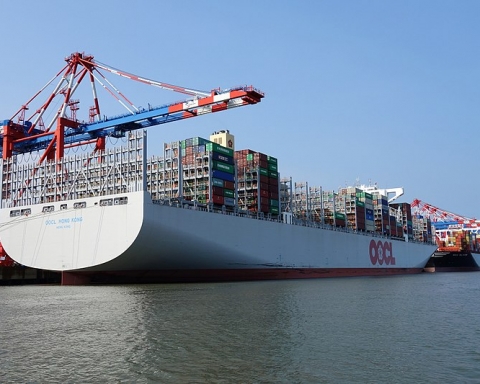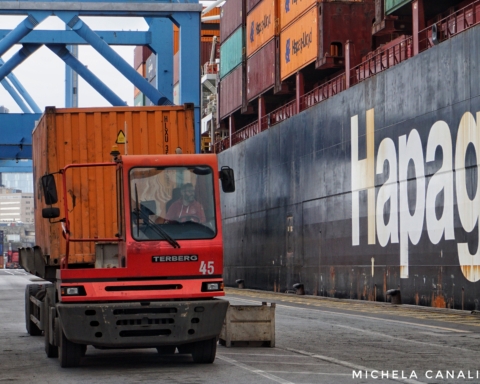“Relaunching an economy that’s going through a delicate time is not like turning the key in the ignition and starting the car. It will take months before we can reach cruising speed and resume our journey quickly.” Azimut Benetti’s CEO does not have a glass ball, but his considerable international experience working for Fiat and other prestigious companies such as CNH and IVECO, allows him to provide an insight into the future with sound reasoning and judgement.
Luxury yachting represents a strategic observatory for evaluating the impact that the Coronavirus has had on the production segment of our national economic system: “The economic crisis triggered by Covid has certainly damaged our sector” – says Franco Fusignani, who is directly responsible for the mega yacht business at Benetti – the production activity of our shipyards has been interrupted for several weeks and reopening has been slow and gradual. During this period, we have had about 30 days of lost business. Now, while we are giving priority to the yachts being delivered for the season, we also have to make up for lost time on future deliveries. We will do this by working seven days a week in August to minimize delays.”
The manager speaks about this with a total peace of mind, even if his voice denotes something else, a weariness from the sacrifices endured at this time : “The last few months have been tough,” Mr. Fusignani stresses, recalling the endless series of meetings with doctors and virologists in order to understand how to adapt the production process in our shipyards to the various prime ministerial decrees issued by the Government and anticipating, if possible, the various phases so as not to create discontinuity.”
“Since the end of February, we had been adopting a series of measures that led to a progressive reduction in the number of personnel in our construction yards, confining production activities to yachts close to delivery and organizing smart-working to limit the number of people present. Then in mid-March we stopped.”
The period that required the most attention was the one immediately after the partial reopening of the Livorno and Viareggio shipyards at the end of March. “We started with resuming work on the vessels already launched for deliveries in April and May, defining a new shift system for our employees and for those in the companies working for us: three 6/7 hour shifts a day, with a break of one hour between shifts to ensure the sanitization and sanitation of indoor areas and to avoid crowding in changing rooms and on vessels.”
Since the end of April, the manufacturing areas in our sheds have been reopened and the number of staff present has been increasing day by day, normalizing the new measures, such as staggered entries in the morning, heavy goods vehicles with drivers strictly confined to their cabins, personnel on board vessels entering /exiting from different areas and materials coming on board during less intense work periods. “The situation has improved over time. Today we can proudly say that we have put the health of the people who work with us first.”
Now, after phase one is successfully over, we need to get the logistics supply chain up and running, improve productivity on board and, above all, have new customers in our shipyard: “More than 90% of our turnover is generated by selling yachts abroad, but in this pandemic period customers have no opportunity to travel. The order book is good, some negotiations are being finalized. Now we have to think about the future and developing digitization projects: video conferences and virtual boat shows will become increasingly important for attracting new customers.”
Of course, attempts at economic recovery still bear many unknowns. Covid has undoubtedly had an impact on employment levels, putting many small and medium size ancillary firms in difficulty: “The partial suspension of activity has created redundancy and damaged many wood, iron, marble and textile craftsmen i.e. the very people who are called on to make a ship beautiful and unique. All these firms need financial support, contributions, because the strength of the Italian yachting world is linked to the skill and inventiveness of its operators.”
The crisis has also hit the ship repair sector hard. Franco Fusignani says this while recalling how this year 46 yachts are due to come to Livorno for maintenance work: “The restrictions imposed by certain regulations in our country have pushed many American shipowners to divert their ships to foreign refitting centres where, for example, there is no obligation to observe the quarantine period on board or in accommodation on arrival. This is because the twenty days crossing the Atlantic are already a form of protection. We need more flexibility and common sense here.”
Furthermore, there is a whole world, the charter business, which risks being heavily hit by this crisis: “Buying a yacht today is a form of investment that allows the owner to assess the possibility of renting the boat to third parties, also using it personally for a certain period of time. Due to the spread of the pandemic, this important market has disintegrated, a little like the cruise business.”
Benetti’s manager thinks about the Government and what it could do for the sector: “The expected streams of funding for the maritime economy have not arrived yet.” he says “We have had to advance the redundancy fund to employees and face major expenses to manage production under conditions differing from the normal ones. We would need low, very low interest rate financing that could be activated quickly to support the small and medium size firms that work for us, as well as appropriate forms of sales financing to help customers to restart their charter businesses or to buy new units.”
There are many things to do, the important thing is to do them well and do them soon. For Mr. Fusignani recovery will take a long time: “We have 12 difficult months ahead of us. We know, however, that our yacht clients must start dreaming again. In order to achieve this goal everyone has to do their part, from the Government to the Administrations and the banking system. We have to proceed coherently and logically, in an integrated fashion, and with a well-defined plan. Let’s adopt a positive outlook in order to regain momentum in our country and in business.”
Translation by Giles Foster




